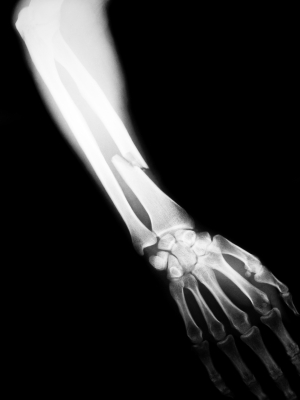“This hurts me more than it hurts you.”
How many of us have cringed at these words?
When you’re a child it’s hard to believe that the pain your parent is experiencing in meting out the discipline is worse than the pain you are experiencing in receiving it.
As you grow, however, you begin to realize the possible veracity behind these words. While it is not fun to receive correction, it also can be difficult to give it. And the person giving it has the perspective of knowing what could have been if the discipline had not been necessary. In other words, the child’s limited view only sees the temporal pain of correction; the parent who disciplines the child correctly also is plagued by the realization of what the child could have experienced had the correction not been necessary.
I think Christ may have viewed the Cross similarly. When Christ gave His life, He received the punishment that we all had rightly earned. When we think upon that sacrifice, we are often moved by the depth of His love that He would be willing to bear such pain on our behalf. Yet I can’t help but think that regardless of our grief over Christ having to bear our sins, the price He paid is greater than we can realize this side of Heaven for we can’t know the beauty and majesty of what He gave up. We can imagine it, but we don’t know what it’s like to be in a place where there is no sin, and where God’s glory is the central focus. We aren’t accustomed to the riches of heaven and so we can properly value and appreciate it. We tend to think only of the physical pain that He experienced and to which we can relate. But His sacrifice wasn’t just the fact that He took on all our punishment, which is amazing enough, but that He gave up so much in order to do it.
The pain of our sin had to hurt Him a lot more than it ever hurts us. Yet He bore it because He loves us.
And perhaps, in letting the truth of that sink in, we’d be less inclined to give in to sin and more inclined to live completely for Him.
